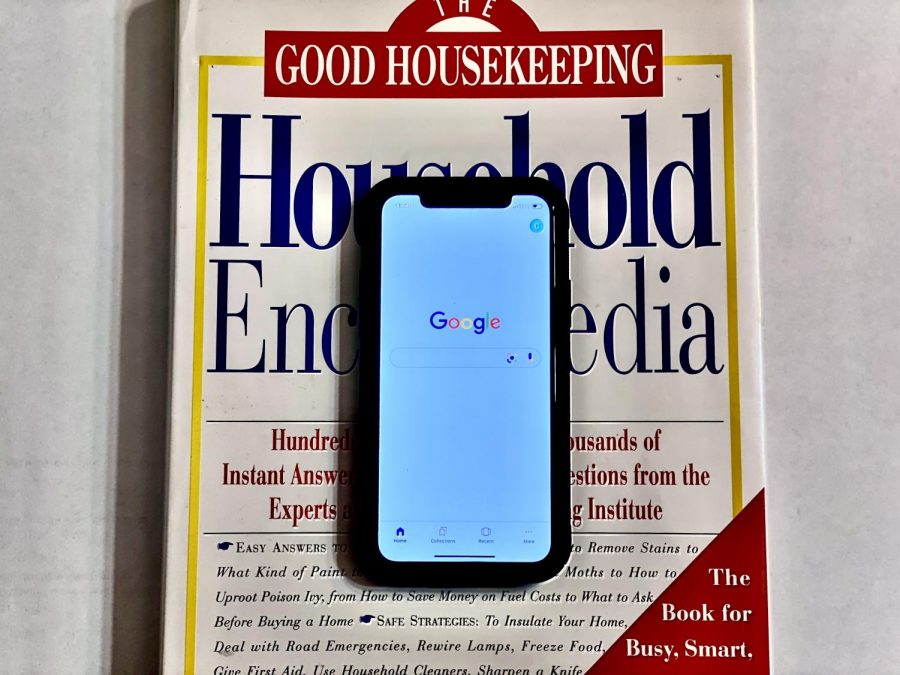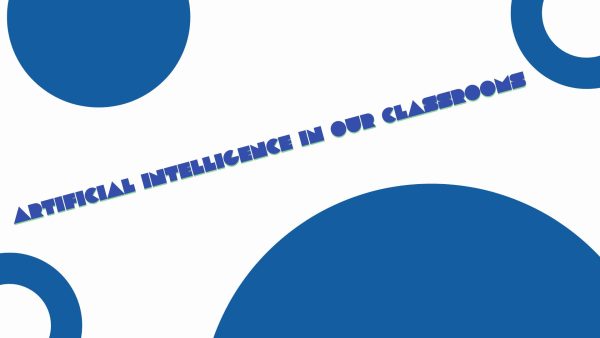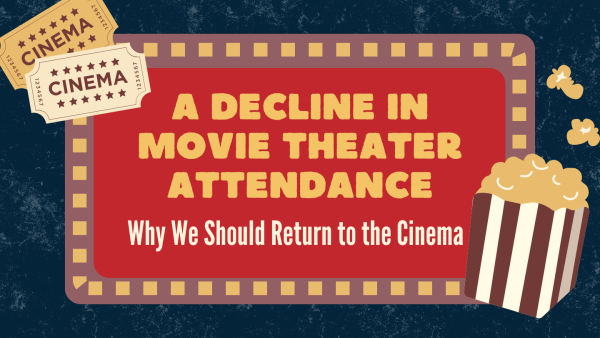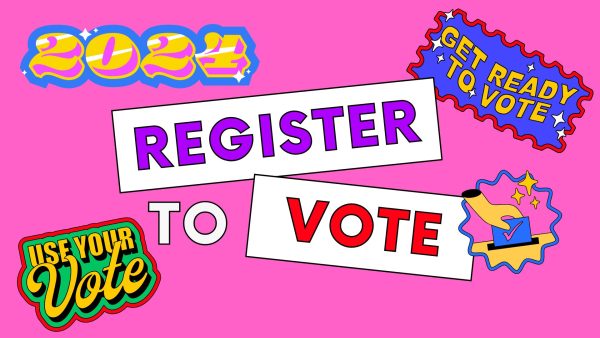The Smartphone: An Extension of The Human Mind
Photo by Chloe Lesson
Smartphones have been a gateway to information for years now. Is it successful?
We are Generation Z. We are interconnected by little devices in our pockets. With the ability to communicate with people all over the world, it isn’t hard to believe that we are, arguably, the most innovative generation yet, set to surpass our ancestors with our technological advances alone. With apps like Snapchat, Facebook, Twitter, Instagram and the newly popular Tiktok, it is amazing to witness how fast and efficiently knowledge can spread.
As we begin a new decade, it is impossible not to think back to a simpler time and how far we have come. As said by Olaf (my favorite character) in the new movie, Frozen 2, “Technology is both our savior and our doom”. While technology is revolutionary, how can it be a detriment?
Technology is the culprit for many economic issues. With the increase of artificial intelligence, the threat of jobs being occupied by robots and computers are quickly becoming a reality. With computers accomplishing simple tasks, workers will be displaced and find themselves faced with work that is above their skill level. Stores such as Toys R Us have been put out of business by the commercial giant, Amazon, which is solely online.
On a psychological level, technology can be extremely harmful. As we know, social media platforms have lead to tendencies such as narcissism and depression. However, the most alarming side effect is its ability to teach us to expect instant gratification for our actions. For example, when posting a picture on Instagram, we immediately feel gratified by the likes and comments that soon follow. However, this will make us less likely to feel motivated to study for an exam or do anything that isn’t followed with immediate results. This pattern is extremely damaging to young minds.
In an article published by Psychology Today, author John Elder Robison wonders if technology is actually making us dumber. With answers currently at our fingertips, how can we possibly learn to think for ourselves? Although radical, can we really remember the last time we used a map to travel somewhere? Or even touched an actual dictionary to learn a new word? How about the last time we did a simple math problem in our heads without double-checking on our smartphone?
According to research from Columbia University professor Betsy Sparrow, PhD, technology has negative cognitive effects on our brains. Serving as a bank for information, we no longer need to retain as much of what we learn. Search engines decrease our ability to remember the things we learn, simply because of how easily they come to us. If we were to find information from a book or other physical resource, we would associate the process of finding the information with what we actually learned. However, our phones have handicapped this process.
Imagine a world without spell-check. In most of the text messages and even essays we write, spell-check and Google are much needed. This being said, technology is doing nothing positive to our spelling and grammar. The sloppy, quick way in which we type makes us far less likely to catch our mistakes in more formal writing. In essence, our phones are actually decreasing our individual productivity,
When defining our generation, technology is in the forefront of our vision. We are a community focused on likes, double taps, FaceTimes, snaps, and tweets. How equipped we are to deal with the social pressures of this? Highly debatable. However, it is without hesitation that I say that technology has helped us.
With the ease that comes with clicking a button, having anything shipped to our homes, online businesses have flourished. The large online presence also reduces the need for physical stores, saving money on rent or utilities. What’s more, tracking our phone usage, businesses are able to better market to us, increasing the likelihood of a satisfied customer.
Overall, we are more economically ept and efficient. With access to correct information constantly, we can work faster and more efficiently. As a collective group, we have actually become more productive.
With friends from around the world, our culture has become extremely educated on issues that may not directly affecting them. This knowledge leads to curiosity and discovery of new cultures. We are able to see the everyday lives of people our own age across the globe. This is by any standard, amazing.
Like everything else, technology has its pros and cons. Our perception changes based on our personal experience and opinions. It is important to remember that we are a constantly changing society. With new innovations sprouting every day, our population will hopefully benefit.

Grade 9
“My mission in life is not merely to survive, but to thrive; and to do so with some passion, some compassion, some humor, and some style”
~Maya...







Nick Matteo • Jan 14, 2020 at 11:55 am
I agree, technology has hindered us in many ways and has caused many problems in our society.
Sofia O • Jan 14, 2020 at 11:47 am
I agree that technology is both my savior and my doom. I believe the negatives and the positives of technology weigh each other. With my cell phone i’m able to communicate with family member’s since they live in different states. As well as be able to communicate with my friends from other towns. That would be very hard to due if we weren’t as advanced in technology as we are today.